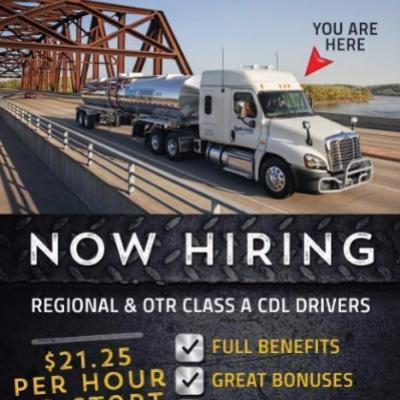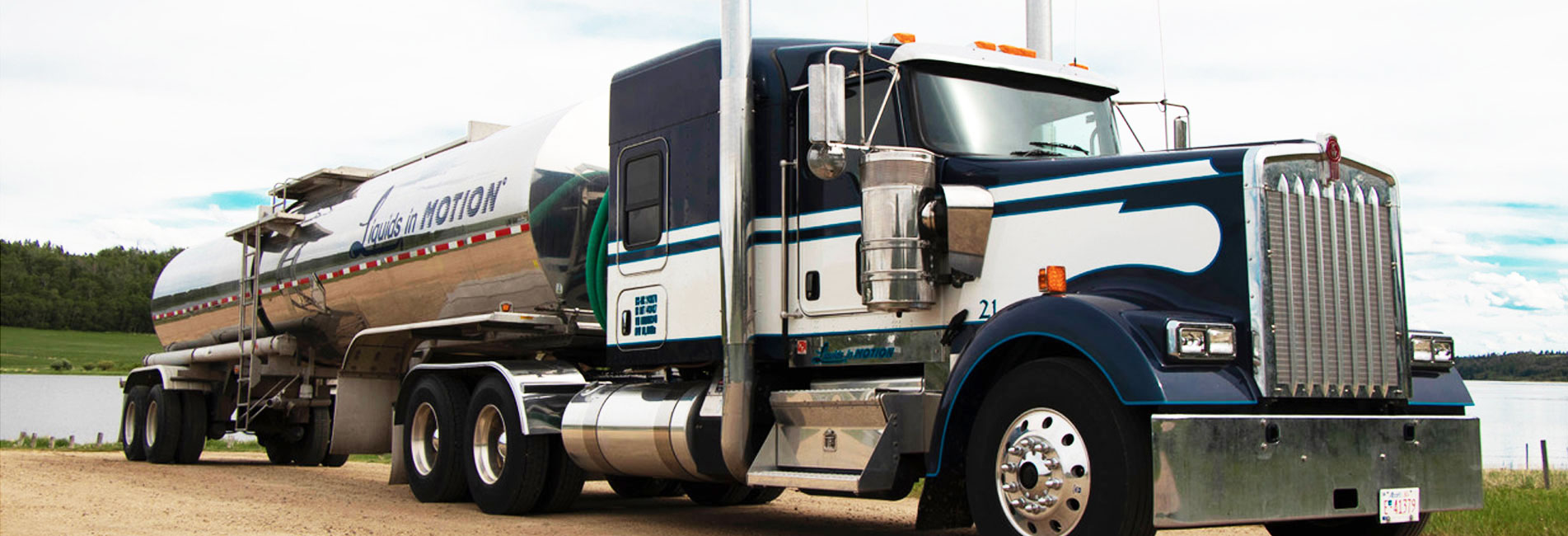Truck - Questions
Table of ContentsHow Truck can Save You Time, Stress, and Money.5 Easy Facts About Truck DescribedSome Known Incorrect Statements About Truck The 5-Second Trick For Truck
Short haulsLots of work availableEasy dumping in large plants Jobs not as easily available to owner-operatorsDifficult deliveries in little townsYou will smell like diesel fuelHigh-risk transports Chemical tankers are little tanks, cylindrical fit, and mostly stainless steel on the outdoors wrap. I worked pulling chemical tankers for a while also.Common items transferred in chemical tankers includes different types of acids, liquid fertilizers, de-icer, ethylhexyl, glycol, naphtha, solvents, and alcohol. Yes. You actually require to be on top of things to haul chemicals. It can be a complex thing, with no margin for mistake. Chemical tanker drivers are offered an item book so they can reference the product book to read what HAZMAT code the item is on their trailer.
Transporting dangerous product includes the danger of chemical spills and perhaps inhalation of dangerous chemicals. There are possible risks when the product is being filled and unloaded in addition to when it's being transferred. Chemical spills are a huge deal. Even if a little amount of chemical is spilled, there will need to be ecological cleanup treatments which are incredibly pricey.
Some of that cost might be yours depending upon the situations. Due to the fact that these items are high-risk, companies often won't pressure you to satisfy specific time restrictions. Filling and unloading treatments with a chemical tanker depend on what the item is. truck. This dictates what technique will be used to unload. A few of the more flammable products can't be risked by running the product through an item pump, so they will pressurize these products to keep them from blowing up.
The Definitive Guide for Truck
They can pump off the load depending upon what the product is and they can also blow off product utilizing pressurized offloading. All shipments of chemical products are by consultation only, which can be a pain in the butt. However, normally, the chauffeurs don't load or discharge them. This is done by the refinery instead of the truck chauffeur as compared to gas and diesel tankers, which are unloaded and filled by the truck motorist.



This takes a while to get the hang of it. For instance, when you remain in a mountainous area in the winter season time, you require good traction when you're dealing with uphill (truck). However, these trailers are typically just filled half or 3/4 filled. As a result, when you begin uphill the weight of the load travels to the back of the trailer and you break traction on your drive because all the weight is on the trailer tandems.
The reason there are no baffles in chemical trailers is due to the fact that these trailers get cleaned out at specialized tank washes after each load in order to guarantee there is no cross-contamination from load to load. With baffles in a trailer, there are seals on the inside of the trailer which can trap particles of the chemicals which would contaminate a load.
Truck - An Overview
The cost for the washout of a chemical trailer doesn't come inexpensive either. It costs numerous dollars to flush and rinse these trailers. It's a needed process to avoid contamination. Aside from challenges with transporting, drivers likewise need to monitor their hauls carefully. Chemical trailers are insulated and underneath the stainless skin is a layer of insulation before the inner barrel for when products are transported which requires to be kept at a particular temperature level.
If the item coagulates it won't feed through the pump. Someone driving a chemical tanker requires to remain on top of the HAZMAT policies for their load in order to prevent costly cleanup. There are a range of items with various training requirements specialized trainingSmall tanks with a round shape suggests much better gas why not find out more mileage overallSafety standards are high so driving tired isn't expectedLots of paid downtimeNo loading or discharging is done by the motorist Chemicals are high-risk and can be harmful to your healthChemical spills are very costlyHauls requirement to be carefully monitoredThere aren't baffles to avoid sloshingWash out is costly Pneumatic tankers are the big tanks which transport bulk dry item such as cement and plastic pellets.
The freight is not dangerous or unsafe in any way. These trailers are offloaded by pressurizing their products, usually using a big drum compressor which attaches to the tractor unit. They plug in the tanker and blow the item into a tank. Dry bulk trailers have a high center of gravity as the tanks and compartments are cone-shaped to help with the unloading procedure.
This makes managing these trailers can challenging because they have a high center of mass. These trailers are extremely susceptible to crosswinds. There is no slosh aspect at all connected with these kinds of tankers, so many tanker drivers choose this kind of work. Dry go to the website bulk trailers tend to be big, high, and long as the products are lighter.
The Ultimate Guide To Truck
Carrying dry bulk in tanker trailers tends to be brief haul work. Long haul dry bulk is normally done by rail. The haul is not HAZMAT or harmful in any way. There is no slosh element to fret aboutShort haul work These trailers have a high center of mass making them tricky to haulThe design is prone to crosswinds Lp tankers transport liquid propane.